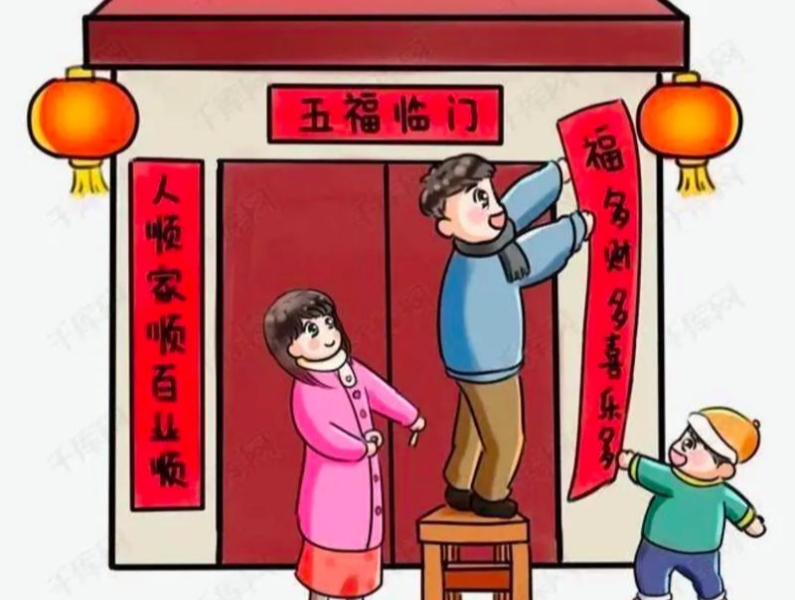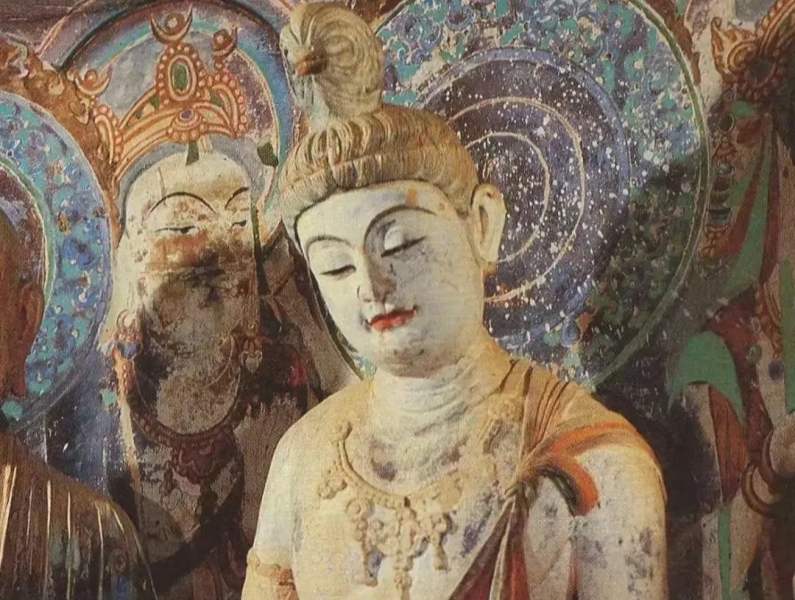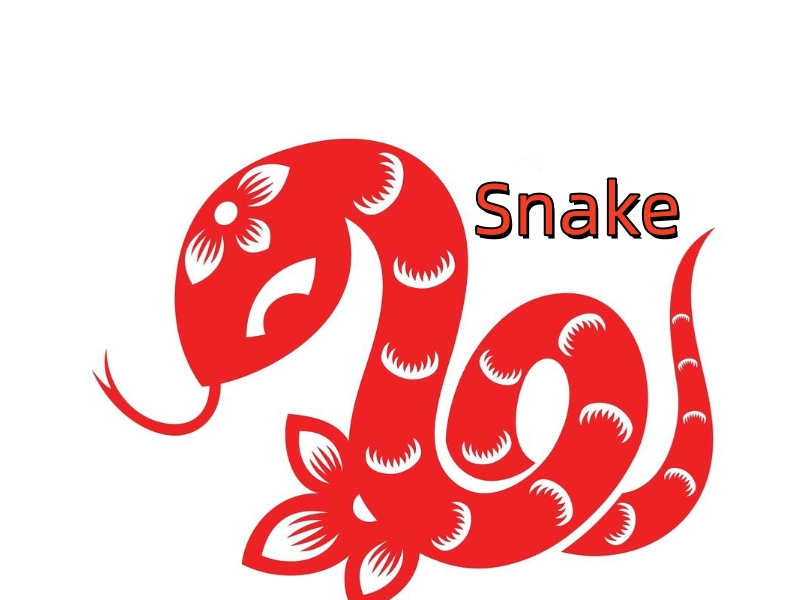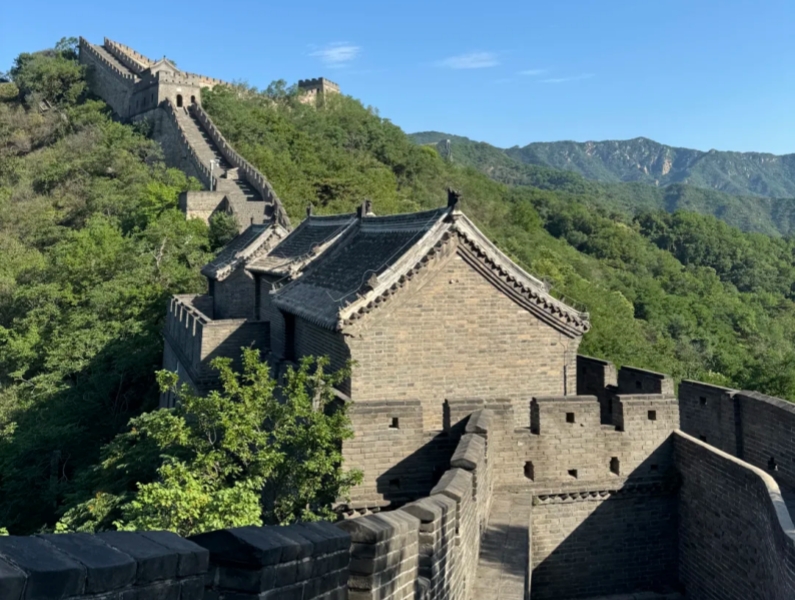Qi and the Yin-Yang Balance — TCM Theory
The core belief of traditional Chinese medicine (中医, zhōng yī, /jong ee/) is about the yin-yang (阴阳, yīnyáng) or qi balance in the body and its organs. There is no scientific evidence for the existence of qi.
What Is "Qi" Believed to Be?
Traditional Chinese MedicineA TCM (Traditional Chinese Medicine) dealer
It is believed that qi is life energy, and its flow in the body depends on the environment and what happens to the body. The balance of qi in the parts of the body depends on the flow of various kinds of qi and fluids. Injury, physical suffering, and lack of proper food causes a qi deficiency 气虚 (qìxū).
Yin Qi and Yang Qi
Most Chinese medicine practitioners think that there are many kinds of qi 气 (qì), and the most basic kinds are yin qi 阴气 and yang qi 阳气.
Everything is a balance of yin and yang. Yin 阴 is female, dark and formless. Yang 阳 is male, light, and form. Females have more yin qi, and males have more yang qi, and as people age, they lose qi.
Achieving a Yin-Yang Balance
It is theorized that each person and part of the body has an ideal point of balance of yin and yang for optimal health. Some techniques are more appropriate for increasing yang qi, and some are appropriate for decreasing yang qi, and likewise for yin qi.
The core idea of Chinese medicine is that people can increase or decrease the various qis in the body, and its parts, by various medical techniques, to create a healthful yin-yang balance.








.png)


